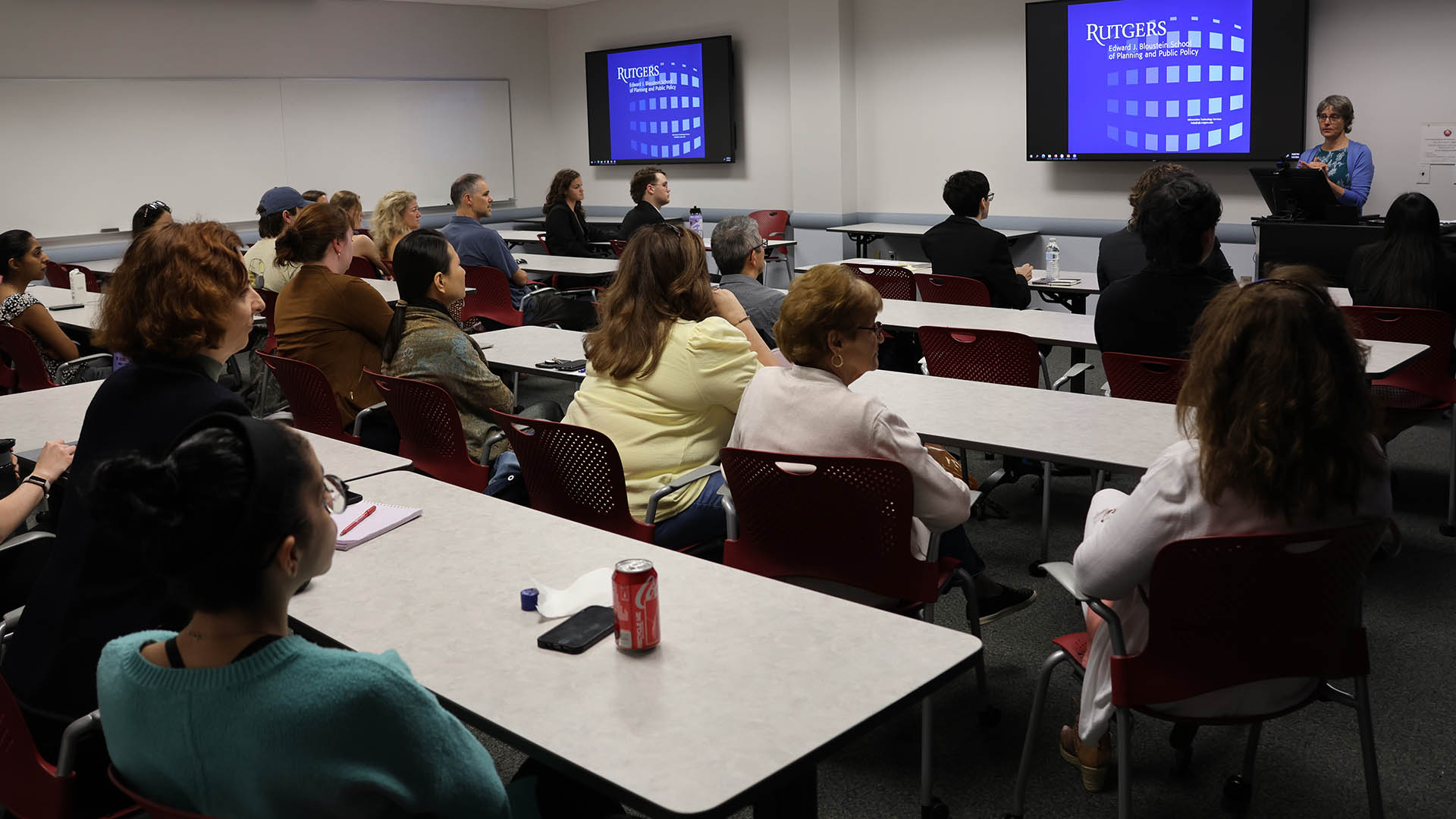The award recognizes excellence in doctoral research and scholarship across all disciplines at Rutgers University as well as the importance of research to a given field of study and a track record of academic and professional excellence.
Topic
SNAP
NJSPL – Report Release: Using Technology to Reduce SNAP Learning Costs: Lessons from a Survey Experiment
Stephanie Walsh, Gregory Porumbescu, and Andrea Hetling tested the objective information recall of 1,6777 New Jersey residents by utilizing three different methods of communicating SNAP eligibility requirements: a screening questionnaire, a PDF flyer, and a video tutorial. Which one do you think worked best?
APPAM presentation on SNAP Administrative Burdens by Walsh, Hetling, Porumbescu, and Trehan
Today’s NJSPL blog features a presentation by Stephanie Walsh, Dr. Gregory Porumbescu, Dr. Andrea Hetling, and Vishal Trehan presented at the Fall 22 APPAM conference on SNAP administrative burdens.
New Jersey State Policy Lab: Digital Services and Administrative Burdens
Why isn’t the participation rate for the government’s welfare programs at 100%? Research suggests that barriers and costs are not only associated with claiming but also redeeming benefits; these costs, in turn, discourage participation in programs.
Upcoming Events
Undergraduate New Student Information Session for Fall 2024 Majors
Bloustein School, Civic Square Building 33 Livingston Avenue, New Brunswick, NJ, United StatesIn-Person Session August 27th The Bloustein School is hosting the annual undergraduate student orientation for new majors on Tuesday, August 27, 2024. Newly enrolled direct-admit students in Planning and Public Policy, […]
International Student Resources Information Session and Panel
VirtualMeet your Bloustein Graduate student services/career team and the Bloustein Liaison to our international students. The second hour will be a panel of international alumni who will share their journey […]
Virtual Career Drop-ins
VirtualStop by virtually on Mondays (except for holidays) beginning September 9th through December 16th between 11 am and 1 pm to ask a quick (15 min) career-related question of Bloustein […]
Virtual Career Drop-ins
VirtualStop by virtually on Mondays (except for holidays) beginning September 9th through December 16th between 11 am and 1 pm to ask a quick (15 min) career-related question of Bloustein […]
Undergraduate Research Discovery Session: Public Health and Public Policy
Bloustein School, Civic Square Building 33 Livingston Avenue, New Brunswick, NJ, United StatesDr. Jane Miller will present information about the Bloustein Honors Research Program (BHRP) and independent study options available. Dr. Liz Cooner, Director of the NJ State Policy Lab, will be […]




